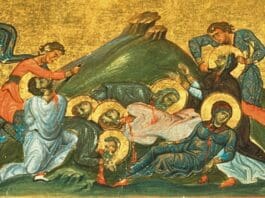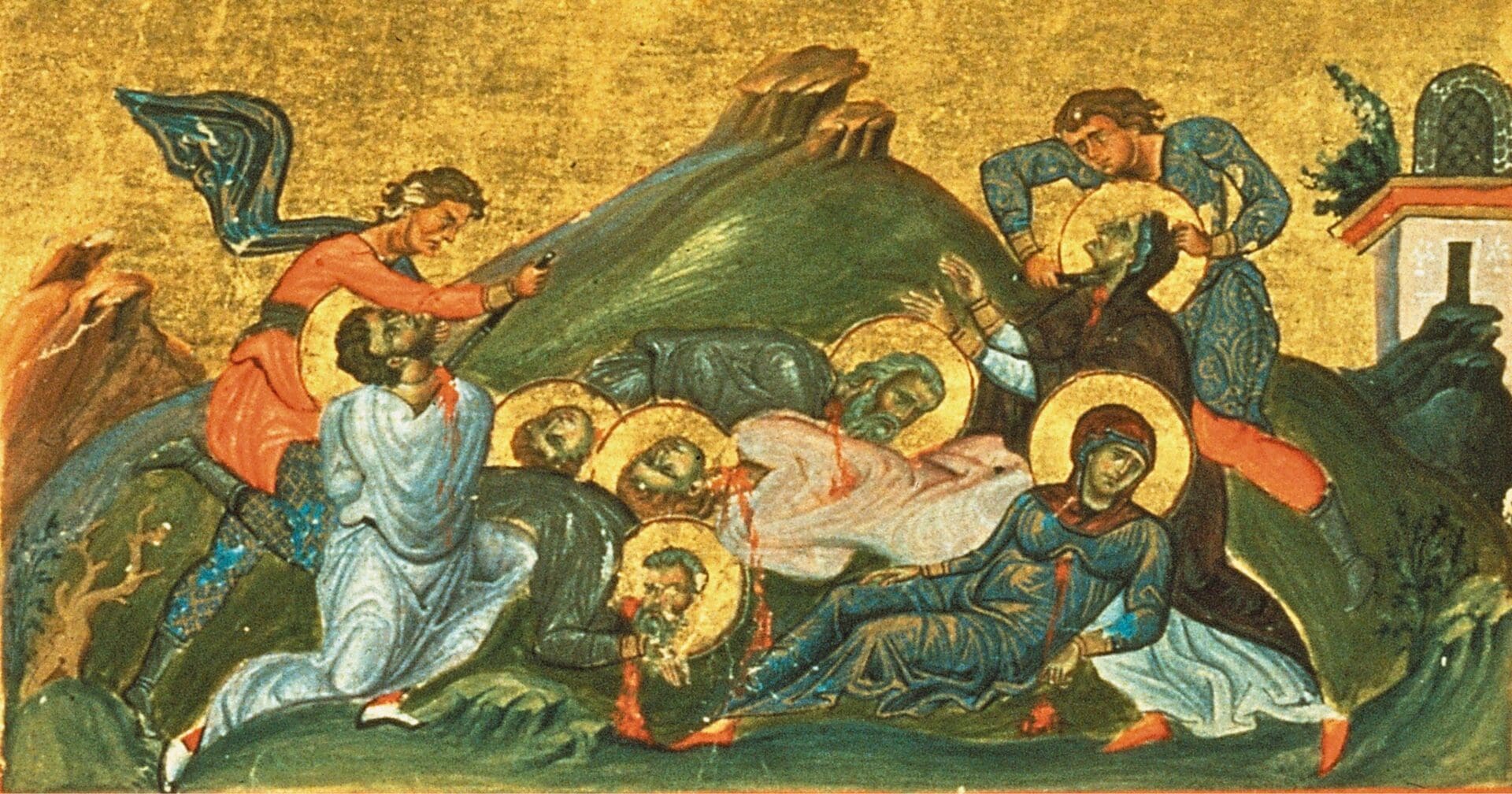
In the year 203, amidst the oppressive atmosphere of Septimus Severus’ persecution, Saint Perpetua made the life-altering choice to embrace Christianity, fully aware of the mortal danger this entailed. Inspired by her conviction, her brother also embarked on the path to become a catechumen, mirroring her courageous step.
The decision plunged her father into a state of despair, driven by his deep concern for her welfare. At 22, Perpetua, a figure of education and vibrant spirit, and a mother to a nursing infant, faced intense societal and familial pressure to renounce her newfound faith. The historical silence on her husband’s existence leads many to speculate she was a widow, adding another layer of vulnerability to her situation. Yet, her resolve was unshakeable. In a poignant exchange with her father, Perpetua likened her identity as a Christian to the undeniable reality of a water jug’s existence – fundamental and unchangeable.
This steadfast declaration incited her father to violence, a reaction that underscored the profound divide her faith had created within her family. However, the ensuing separation, a consequence of her arrest, brought her a brief respite from familial conflict, despite the grim circumstances of her imprisonment.
Perpetua’s baptism prior to her imprisonment marked the beginning of a journey characterized by divine encounters and prophetic gifts. Enclosed within a suffocatingly dark and overcrowded prison, she faced the terror of her predicament with a focus on spiritual endurance, encouraged by a divine message received at her baptism.
The prison’s harsh conditions were especially torturous for Perpetua, separated from her infant son, and for Felicity, a fellow catechumen who was pregnant. The intervention of two deacons, who improved their conditions, allowed Perpetua brief moments of solace with her child and highlighted the compassion within the Christian community.
Facing the inevitability of martyrdom, Perpetua remained resolute, even as her father and the judge pleaded for her to recant. Her imprisonment was marked by visions and spiritual insights, including prayers for her deceased brother Dinocrates, which provided her with a sense of purpose amidst her suffering.
Felicity, too, faced her own trials with a serene faith, fearing that her impending childbirth might delay her martyrdom and separate her from her companions. Miraculously, she gave birth just in time to join them in their final journey.
The prison officials, witnessing the Christians’ dignified resilience, were at times swayed by fear or respect, illustrating the complex dynamics between the early Christians and Roman authority.
On the eve of their execution, the martyrs transformed their public humiliation into a testament of faith, challenging both the spectators and their executioners with their unwavering spirit.
In the arena, the refusal to don pagan robes symbolized their ultimate rejection of Roman polytheism and an assertion of their freedom in Christ. Despite the brutal spectacle designed to break their spirits, Perpetua and her companions faced their deaths with a transcendent calm, turning a moment of intended degradation into a profound witness of faith.
Perpetua’s last words were to her brother: “Stand fast in the faith and love one another.”
Photo credit: Public Domain via Wikimedia Commons
The post Saints Perpetua and Felicity appeared first on uCatholic.
Daily Reading
Friday of the First Week in Ordinary Time
Reading I 1 Samuel 8:4-7, 10-22a All the elders of Israel came in a body to Samuel at Ramahand said to him, “Now that you are old,and your sons do…
Daily Meditation
What Does God Want From Us?
Click here for daily readings There have been many times in my life when the feelings of frustration and despair have overwhelmed me to the point that I looked upward…




